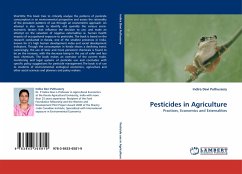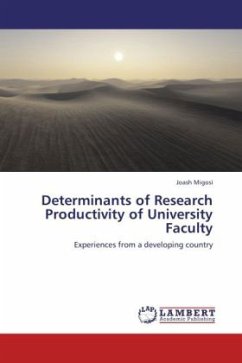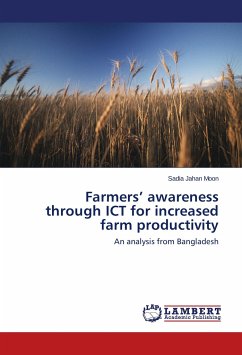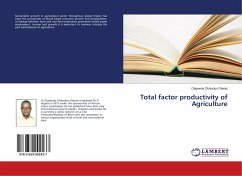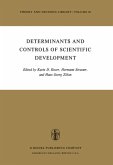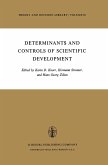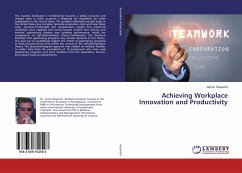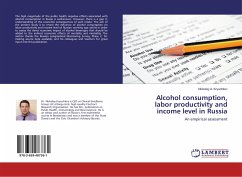Shorttitle This book tries to critically analyse the patterns of pesticide consumption in an environmental perspective and assess the rationality of the prevalent patterns of use through an econometric approach. An attempt is also made to identify and quantify the various socio- economic factors that influence the decision to use, and make an attempt on the valuation of negative externalities ie. human health impacts of occupational exposure to pesticides. The book is based on the research conducted in Kerala, one of the smallest provinces in India, known for it's high human development index and social development indicators. Though the consumption in Kerala shows a declining trend, surprisingly, the use of toxic and more persistent chemicals is found to be on the increase, with the decrease being in the use of safer and less toxic chemicals. The book makes an overview of the current trade, monitoring and legal systems of pesticide use and concludes with specific policy suggestions for pesticide management.The book is of use to students of environmental/ ecological economics, agriculture and other social sciences and planners and policy makers.
Bitte wählen Sie Ihr Anliegen aus.
Rechnungen
Retourenschein anfordern
Bestellstatus
Storno

